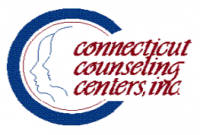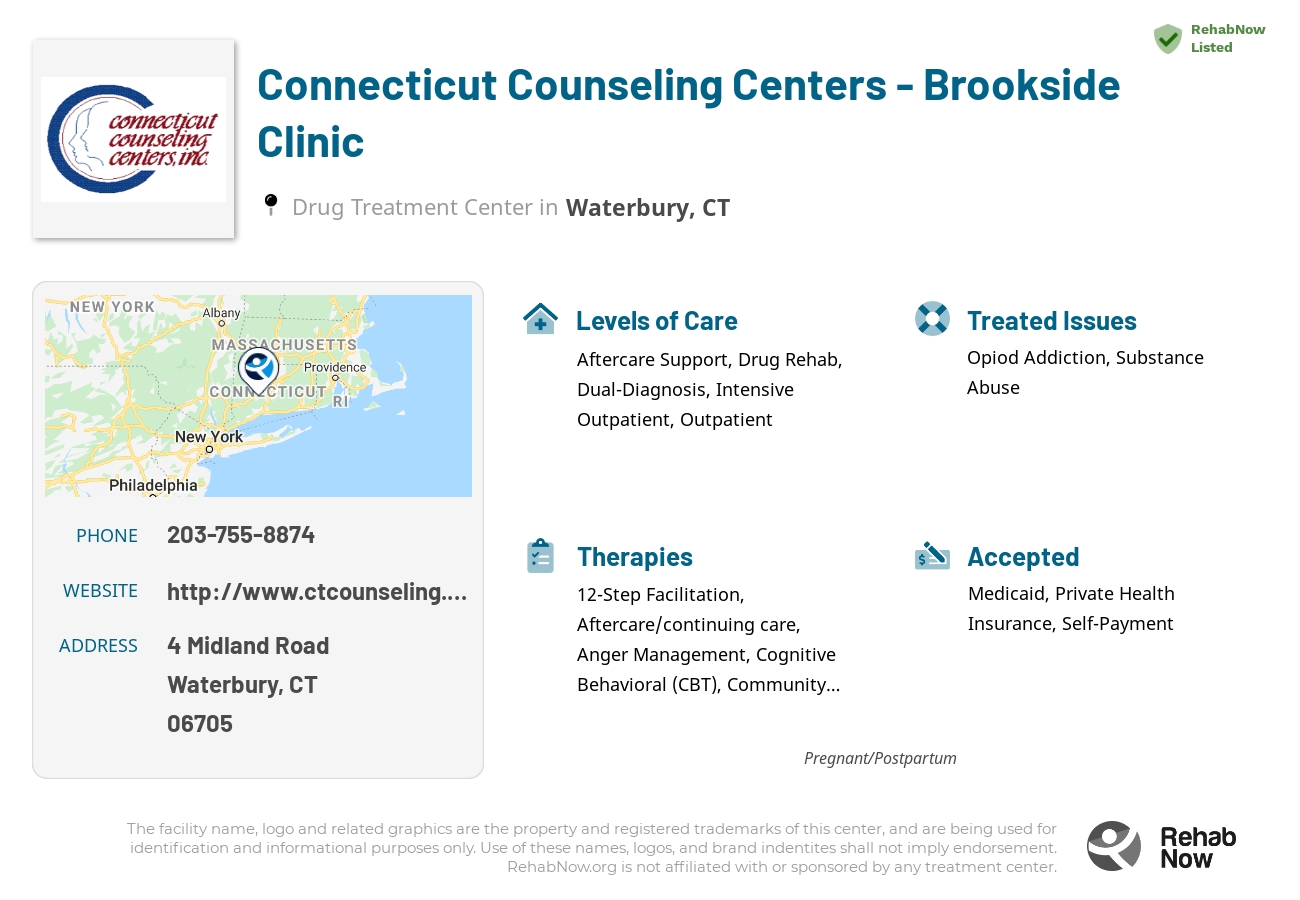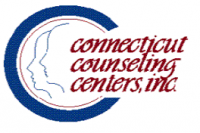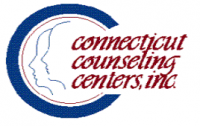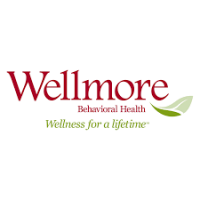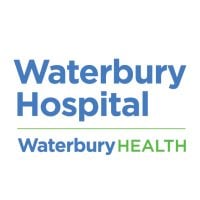Connecticut Counseling Centers - Brookside Clinic
Drug Rehab Center in Waterbury, Connecticut
Brookside Clinic is a SAMHSA-accredited rehabilitation facility located in Waterbury, CT that provides a range of specialized services, including opioid addiction treatment, substance abuse counseling and mental health support, to individuals seeking help with their recovery journey through private insurance.
About This Waterbury, CT Facility
Connecticut Counseling Centers - Brookside Clinic, located in Waterbury, CT, is an outpatient facility dedicated to assisting adults in overcoming substance abuse and mental health challenges.
The non-profit organization aims to help individuals become productive members of society through prevention, education, and comprehensive treatment services.
Accredited by SAMHSA and CARF, the clinic offers evidence-based treatment methods across various levels of care, including detoxification, intensive outpatient programs, outpatient services, and aftercare support.
- Dual-diagnosis treatment for co-occurring disorders
- Personalized drug rehab programs
- Opioid addiction and alcoholism treatment
- Mental health counseling and support
The Brookside Clinic specializes in treating opioid addiction, substance abuse disorders, alcoholism, and co-occurring mental health issues.
For individuals struggling with opioid or alcohol dependence, the clinic provides a structured path to recovery through detoxification, counseling, and ongoing support to maintain sobriety.
Genders
Ages
Modality
Additional
Accreditations
SAMHSA

CARF
The Commission on Accreditation of Rehabilitation Facilities (CARF) is a non-profit organization that specifically accredits rehab organizations. Founded in 1966, CARF's, mission is to help service providers like rehab facilities maintain high standards of care.
Conditions and Issues Treated
Using both legal medications and illegal substances in order to maintain an addiction is substance abuse. Illegal substances can become addictive after a single use. If you are obtaining legal medications illegally, you may be suffering from substance abuse.
Fortunately facilities like Connecticut Counseling Centers - Brookside Clinic in Waterbury, CT are here to help.
Opioid addiction treatment facilities in Connecticut, like Connecticut Counseling Centers - Brookside Clinic cover both illegal and prescription opioids abuse. Most plans include detoxification and subsequent medications to ease the process. Behavioral therapies and counseling are also necessary to resolve the root cause of addiction.
A dual diagnosis is when someone deals with both alcohol and mental or emotional disorder. Emotional trauma, bipolar disorder, schizophrenia, depression can be part of dual diagnosis therapy. It must happen simultaneously to get care for these conditions to handle any of them effectively.
Levels of Care Offered
This center offers a variety of custom treatment tailored to individual recovery. Currently available are Aftercare Support, Detox, Drug Rehab, Dual-Diagnosis, Intensive Outpatient, Outpatient, with additional therapies available as listed below.
Detox is a drug rehab process that is designed to remove the drug addict from the drug safely. The problem with solely using detox as a sobriety tool is that it alone provides no therapy or counseling. If a person goes through detox and returns to their everyday life, they may begin using again once the detox has worn off.
Detox does not help with cravings, so for some addicts, this can be extremely difficult and should be both done and supervised by medical professionals. Aftercare is crucial, so selecting a facility that offers additional services is important.
An outpatient treatment program is set up to help with alcohol or drug addiction, or a co-occurring disorder. The patient must attend the Connecticut facility for their therapy and other programs but are able to return home each night. The frequency of mandatory attendance decreases after much of Connecticut Counseling Centers - Brookside Clinic‘s program is complete.
Treatment is just the first step to maintaining sobriety. After treatment, aftercare support at Connecticut Counseling Centers - Brookside Clinic helps the individual adjust to a life without substances. This support may involve a sober living home in or near Waterbury, CT, career counseling, or educational assistance. This is when a relapse prevention plan begins to take shape.
Connecticut Counseling Centers - Brookside Clinic‘s Therapies & Programs
Spousal relationships bear the brunt of alcohol and drug dependence. It becomes critical to submit the relationship to couples therapy to prevent straining it further. Some facilities like Connecticut Counseling Centers - Brookside Clinic in Waterbury, CT offer couples therapy options to manage intimate partnerships amid the recovery process. Other couples-focused treatment plans can provide the patient and their partner tools to get things back to normal.
When family members are more proactive and involved in the treatment procedure, it encourages the patient to advance his or her progress. Moreover, it shouldn’t be ignored that genetics play a role when it comes to addiction, so it’s better to approach the problem as a unit. Also, with proper education, family members can help an individual avoid addiction triggers and guide him or her in making lifestyle changes necessary for his or her sobriety.
It has been said that unhealed trauma is the root of most addictions. Trauma therapy is a way of addressing trauma while in a safe situation in order to heal. Healing past traumas and introducing coping strategies are strong foundations for sustained recovery from addiction. This may involve individual or group counseling or both, in a Waterbury, CT facility. Other forms of therapy have been proven to assist in healing past traumas.
Dialectical Behavior Therapy (DBT) helps those who attend Connecticut Counseling Centers - Brookside Clinic understand how their feelings, beliefs, and thoughts affect their behaviors. DBT is particularly useful for people with self-harming behaviors, as well as those with substance abuse disorders. DBT teaches people how to tolerate distress, regulate their emotions, and how to become mindful.
Cognitive Behavioral Therapy (CBT) is a type of psychotherapy that focuses on the underlying thoughts and behaviors that caused the problem of addiction in the first place and may cause a relapse. Negative feelings are common in substance abuse disorders, and if not recognized, they can cause co-occurring disorders.
CBT involves strategies that help to change the thinking and behavioral pattern by cognitive restructuring. In simple terms, it helps to remove negative thoughts and provides long-term benefits. Also, CBT promotes self-awareness, self-control, and healthy ways to respond to negative thoughts. It can be administered as a mono-therapy as well as a part of combination therapy.
In the midst of an addiction certain healthy habits and behaviors can be forgotten or discarded altogether. While in treatment you will learn life skills that will help you successfully maintain sobriety and rebuild your life in Waterbury, CT. Some examples of this are time management, social skills, nutrition, hygiene, stress management and taking care of yourself.
The 12-step program is a part of substance abuse treatment. In this program, peers help each other to achieve the goal of abstinence. It was initially developed by the founders of Alcoholics Anonymous. Due to its huge success, the 12-step program is included as a part of other substance abuse treatments.
The 12 steps guide at an individual level. It begins with the individuals accepting that they are addicts, and they understand its consequences. It is followed by focusing on the recovery process and making amends for hurting others. The program provides the benefit of cognitive restructuring, which refers to the process of change in the negative thoughts that leads to long-term benefits.
Payment Options Accepted
For specific insurance or payment methods please contact us.
Is your insurance accepted?
Ask an expert, call (888) 674-0062
Connecticut Counseling Centers Associated Centers
Discover treatment facilities under the same provider.
- Recovery Network Of Programs in Bridgeport, CT
- Recovery Network of Programs in Stratford, CT
- Recovery Network of Programs - New Prospects in Bridgeport, CT
- Connecticut Counseling Centers - Norwalk Clinic in Norwalk, CT
- Recovery Network of Programs - Park Avenue in Bridgeport, CT
Learn More About Connecticut Counseling Centers Centers
Additional Details
Specifics, location, and helpful extra information.
Waterbury, Connecticut 6705 Phone Number(203) 755-8874 Meta DetailsUpdated April 15, 2024
Staff Verified
What else do people call Connecticut Counseling Centers – Brookside Clinic?
People have occasionally also searched for “Connecticut Counseling Centers Waterbury Outpatient Program in Connecticut”
Patient Reviews
There are no reviews yet. Be the first one to write one.
Waterbury, Connecticut Addiction Information
Connecticut has a higher rate of substance abuse and addiction than the national average. The state ranks in the top 10 in the country for illicit drug dependence among those ages 18 to 25. In 2010, there were 9,211 people admitted to an alcohol treatment facility for alcohol abuse combined with a secondary drug. Connecticut ranked fifth in the United States of America for the number of fatalities involving drunk driving in 2014.
Waterbury, CT is a community that has been deeply affected by drug addiction and abuse. In 2019, there were 1,496 reported cases of drug abuse and addiction. In Waterbury, there were 112 overdose deaths in 2016, which is a rate of 24.8 deaths per 100,000 people. The most commonly abused drugs in Waterbury are heroin and cocaine. The city has established several initiatives to help residents get treatment services.
Treatment in Nearby Cities
- Newington, CT (17.3 mi.)
- Brooklyn, CT (56.2 mi.)
- West Haven, CT (19.1 mi.)
- Canaan, CT (33.1 mi.)
- Cheshire, CT (4.7 mi.)
Centers near Connecticut Counseling Centers - Brookside Clinic
The facility name, logo and brand are the property and registered trademarks of Connecticut Counseling Centers - Brookside Clinic, and are being used for identification and informational purposes only. Use of these names, logos and brands shall not imply endorsement. RehabNow.org is not affiliated with or sponsored by Connecticut Counseling Centers - Brookside Clinic.
